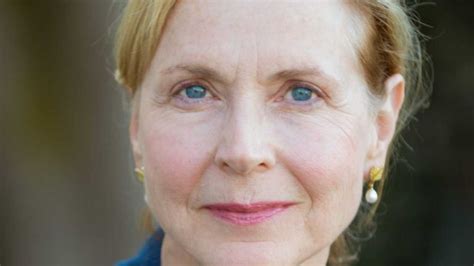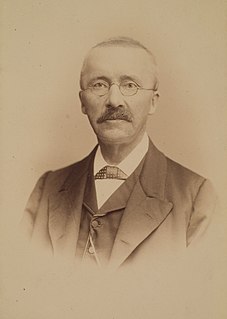A Quote by Nancy Horan
So this was the big secret historians keep to themselves: historical research is wildly seductive and fun. There's a thrill in the process of digging, then piecing together details like a puzzle.
Related Quotes
Stop trying to figure it out. I love puzzles, but when I'm done putting together a puzzle, I feel accomplished, and then I wonder, "What's next?" Then I go start another puzzle. Life is a puzzle that I feel like we'll never fully put together. And I like that because, ultimately, I don't want to have life figured out and then wonder, "What's next?" That seems scary to me.
Most academic historians accept that historians' own circumstances demand that they tell the story in a particular way, of course. While people wring their hands about 'revisionist' historians; on some level, the correction and amplification of various parts of the past is not 'revisionism' as it is simply the process of any historical writing.
I'll work by myself for years and then I'll think it'll be fun to et one of my friends like Marshall Brickman or Doug McGrath into a room and not be alone for the writing of the thing; to have the pleasure of taking walks and get lunch together; its sort of a fun process and then I do it and then I get back on my own for a while until I feel the need to do it again.
The more you learn about yourself and your family tree, your self-esteem goes up. They will learn archival skills, historical analysis and science skills. You learn all this in the most seductive way, and that is through learning about yourself. Who doesn't like talking about themselves? It doesn't seem like science or history, it's just fun.
The biggest challenge in the research process is to let go, to stop, to say enough, and then to reduce all of that beloved labor down to a few succinct paragraphs that shape the background to your narrative. I love research - that's all the fun, especially in the field. To write, however, is to suffer, and my pieces usually come in thousands of words over the assigned length. That's a serious flaw in my writing process - shaping and disciplining the footlockers of material one has so happily gathered.
I don't beat at the details, but I do always keep in mind that anything that isn't A) moving the story forward or B) enlarging my understanding of the central characters has to be sacrificed. I have huge folders of details - research - with a story like Netherlands. Only a very small part of it gets used. The old iceberg analogy again.

































